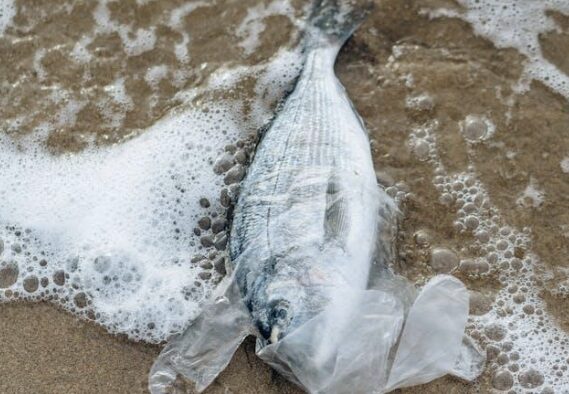Government representatives and technical experts from across the Wider Caribbean Region will gather in Kingston, Jamaica, from October 13 to 16, 2025, for the Eighteenth Meeting of the Contracting Parties (COP18) to the Cartagena Convention. Organized by the United Nations Environment Programme (UNEP), this biennial event will focus on addressing the escalating environmental challenges threatening the Caribbean Sea and shaping the future of regional marine conservation. The summit will feature sessions dedicated to the Land-Based Sources of Marine Pollution (LBS) Protocol and the Specially Protected Areas and Wildlife (SPAW) Protocol, aiming to bolster regional cooperation in combating marine pollution, biodiversity decline, and coastal ecosystem degradation. Christopher Corbin, Coordinator of UNEP’s Cartagena Convention Secretariat, emphasized the critical nature of the meeting, highlighting pressing issues such as land-based pollution, plastic waste, sargassum influxes, coral reef bleaching, and ocean acidification. ‘COP18 is a pivotal platform for Contracting Parties to reaffirm their commitment and chart a coordinated path forward to protect these vital ecosystems,’ Corbin stated. Key agenda items include reviewing the 2023–2024 work plan, approving a strategic programme and budget for 2026–2027, and adopting resolutions on emerging environmental concerns. Delegates will also explore proposals to advance marine litter action plans, enhance pollution control measures, expand protected areas, and strengthen ocean governance frameworks to support a sustainable blue economy. ‘This COP is a call to action,’ Corbin added. ‘We must accelerate the implementation of regional commitments into tangible national actions to safeguard our marine resources for future generations.’ Anticipated outcomes include a well-funded work plan for 2025–2026, new guidelines for sargassum management and plastic pollution, and renewed political dedication to the Convention and its protocols. ‘These outcomes will significantly impact key sectors like tourism, fisheries, and shipping, contributing to the global effort to achieve Sustainable Development Goal 14: Life Below Water,’ Corbin concluded.
Wider Caribbean nations to convene in Jamaica for critical summit on marine protection
